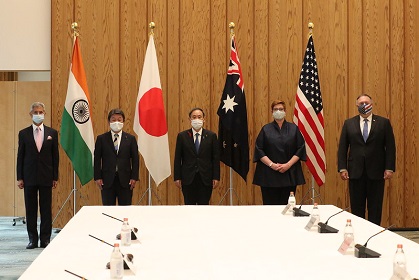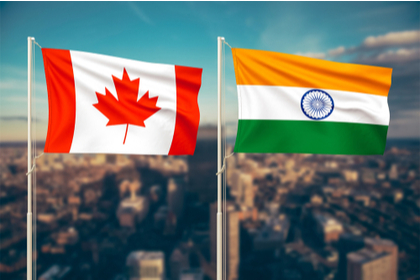UN: Woman-led or West-led?
A new chief is due to occupy the chair of the UN Secretary General later this year. The lobbying for this prestigious global post has already begun. There is a rotation system that offers equal opportunities to regional blocs to promote their candidates. But this time, it's a toss between having the first woman to head the body, or continuing with the West-led bloc's candidate. Who will win? And where does India stand?










